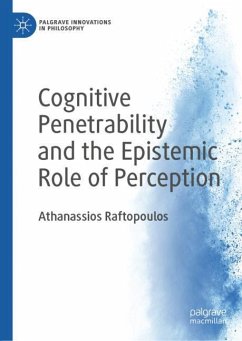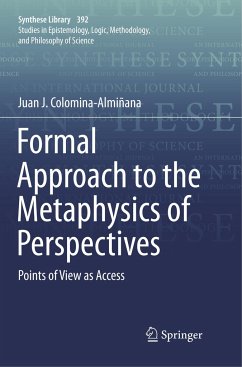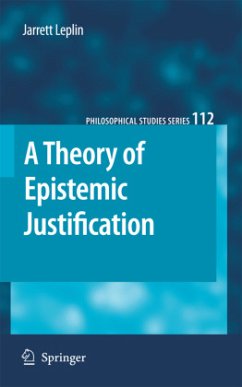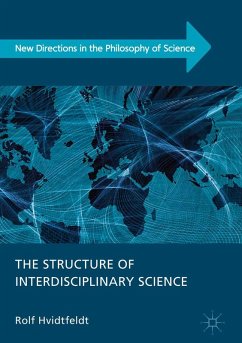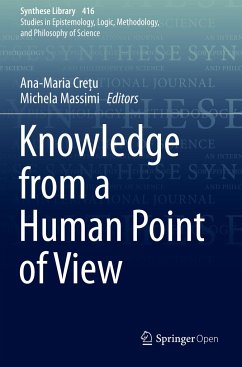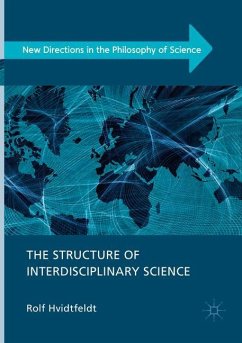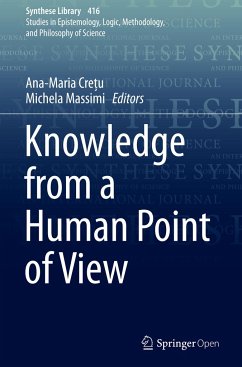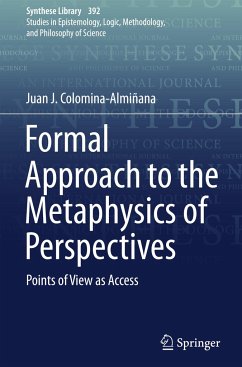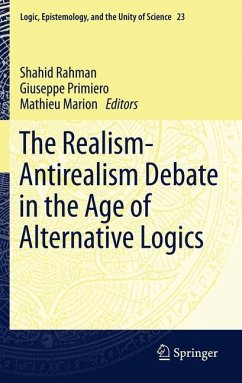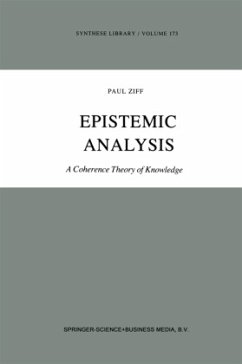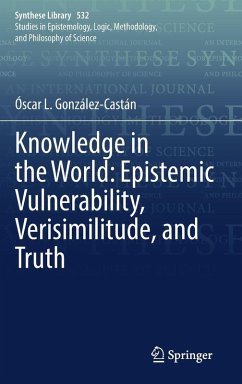
Knowledge in the World: Epistemic Vulnerability, Verisimilitude, and Truth

PAYBACK Punkte
49 °P sammeln!
This book proposes a new set of concepts in epistemology and philosophy of science and provides a novel account of theory change using the notions of epistemic vulnerability, asymmetric fallibilism, and epistemic verisimilitude in a non-Popperian sense. The examination of the notion of epistemic vulnerability is inspired by a dissatisfaction with classical fallibilism as it unnecessarily emphasizes the possibility of error rather than the possibility of epistemic success in its various forms (truth, fruitful mistakes, etc.). The book follows this up by providing a different approach to theory ...
This book proposes a new set of concepts in epistemology and philosophy of science and provides a novel account of theory change using the notions of epistemic vulnerability, asymmetric fallibilism, and epistemic verisimilitude in a non-Popperian sense. The examination of the notion of epistemic vulnerability is inspired by a dissatisfaction with classical fallibilism as it unnecessarily emphasizes the possibility of error rather than the possibility of epistemic success in its various forms (truth, fruitful mistakes, etc.). The book follows this up by providing a different approach to theory change in science using the notion of increasing degrees of epistemic verisimilitude in which empirical and pragmatic successes go hand in hand with different kinds of error. As a consequence, it proposes a distinctive epistemological stance towards the history of science, namely, that of an epistemological agnosticism cum rational epistemic hope. This new model of theory change, and itsapplication to several moments in the history of science, provides the groundwork for criticizing the main arguments in favor of realism, anti-realism, and semi-realism. The account that is put forward avoids the main flaws of these three contenders but collects many of their virtues. This new approach and the laid groundwork make the book a valuable asset for researchers in epistemology and philosophy of science, including professional philosophers and post-graduate students.



